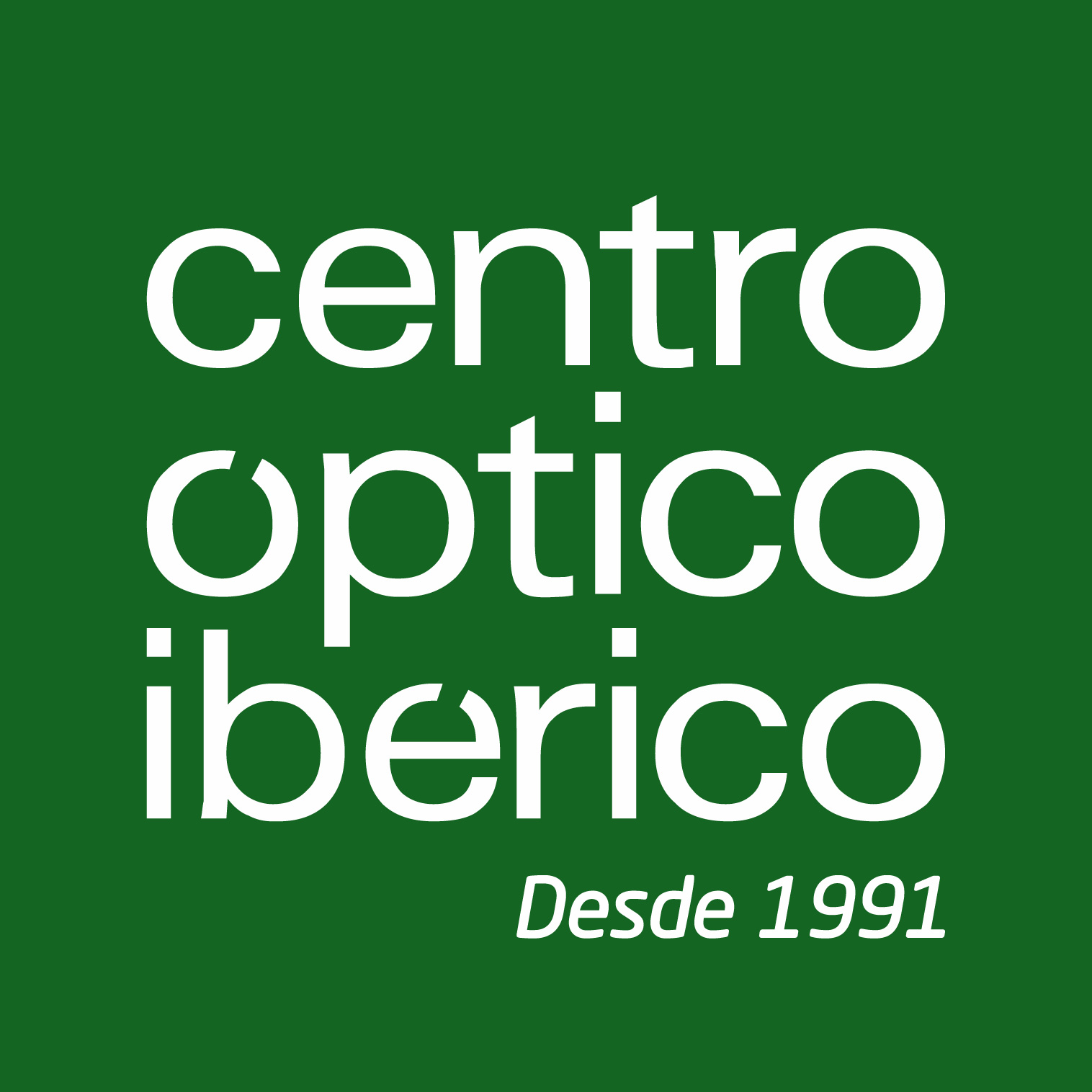SERVICES
We offer the services of optometry and contactologywith a team of professionals and top technology, with the quality you've known for over 28 years.
Optometry Consultations
By having an optometry appointment, you'll be preventing and correcting your health problems. visual defects refractive. The optometrist prescribes the best solution for each patient in order to achieve maximum visual performance with minimum fatigue.
We know that in a highly technological and industrialised society, the use of the visual system and its optimum performance is increasingly important.
Optometry examinations should be carried out at least once a year.
Make an optometry appointment at Centro Óptico Ibérico and you'll be examined by a licensed professional in continuous training:
- By listening to you, it analyses your specific needs;
- Performs a refractive test in order to detect its visual problemssuch as myopia, hyperopia, presbyopia or binocular vision problems;
- Make a general assessment of your eye health;
- He carries out extra tests appropriate for each patient, such as corneal tonometry, tonometry or retinography, etc;
- If necessary, the patient is referred to ophthalmology or another speciality.
Contactology Consultations
We fit contact lenses after carrying out all the necessary specific examinations. We provide ongoing follow-up care. If you wear contact lenses, it's important to make sure that they fit your eyes and your vision correctly.
At Centro Óptico Ibérico, our professionals can fit all types of contact lenses, whether hydrophilic or rigid, hybrids or even sclerals.
Contact lenses are medical devices, so you need a contact lens prescription from your doctor or optometrist to buy them.
Tonometry
Tonometry is the measurement of the internal pressure of the eyeball (IOP). Variations in intraocular pressure are due to the aqueous humour, a liquid present between the iris and the cornea, which is continuously produced and eliminated by the body. It is the quantity of this liquid that gives intraocular pressure. If there is an imbalance in its production/elimination mechanism, intraocular pressure varies, usually increasing.
The test is simple, quick and painless!
Normal pressure varies between 10 and 20 mmHg.
Values above or below these levels can be synonymous with complications.
It is essential for diagnosing and monitoring patients with glaucoma.
IOP measurement should be routine at every optometry appointment, especially for elderly patients and people with a hereditary tendency to high intraocular pressure.
Retinography
Retinography is an imaging test that photographs the areas of the back of the eye, such as the retina, choroid, optic nerve and blood vessels. It enables documentation of changes in the retina and optic nerve, which is essential for monitoring progressive diseases.
The test is simple, takes just a few minutes and is painless!
It is essential for monitoring and diagnosing diseases such as diabetic retinopathy, macular degeneration, retinal vascular occlusions, high myopia, among others.
Corneal topography
It is a test that determines the curvature of the cornea and allows you to map the corneal surface and its irregularities from the centre to the periphery.
Good eyesight means a better quality of life
It is a very useful tool for contact lens fittingIt is also used to monitor astigmatism after corneal transplants and cataract surgery. It is essential in the diagnosis of various pathologies, including keratoconus.
Corneal topography is a painless and quick examination that requires no prior preparation. The patient should be without contact lenses and usually the corneal topography is performed on both eyes (bilateral).
An undetected visual anomaly can cause fatigue, headaches, attention deficit and even a potential hazard, for example when driving.
Get your eyes checked regularly by a specialist, take preventive health care.
Good eyesight means a better quality of life
A large part of the impressions we assimilate in our day-to-day lives are obtained through our eyes.
Do vision tests regular visits to a specialist should be an integral part of preventive health care.
An undetected visual anomaly can cause fatigue, attention deficit and even potential danger.
Visual screening is therefore recommended
In children, because vision is an essential sense for proper physical and cognitive development, as it is It is also through vision that the child interacts with others and with the world.
In childhood, a visual anomaly can lead to failure at school.
In adults, because with advancing age, many adults don't realise that their visual acuity may be decreasing and attribute the difficulties to age. However problems can often be corrected simply.
O Centro Óptico Ibérico has a Mobile Screening Unit, which can carry out screenings in companies, schools and associations.

